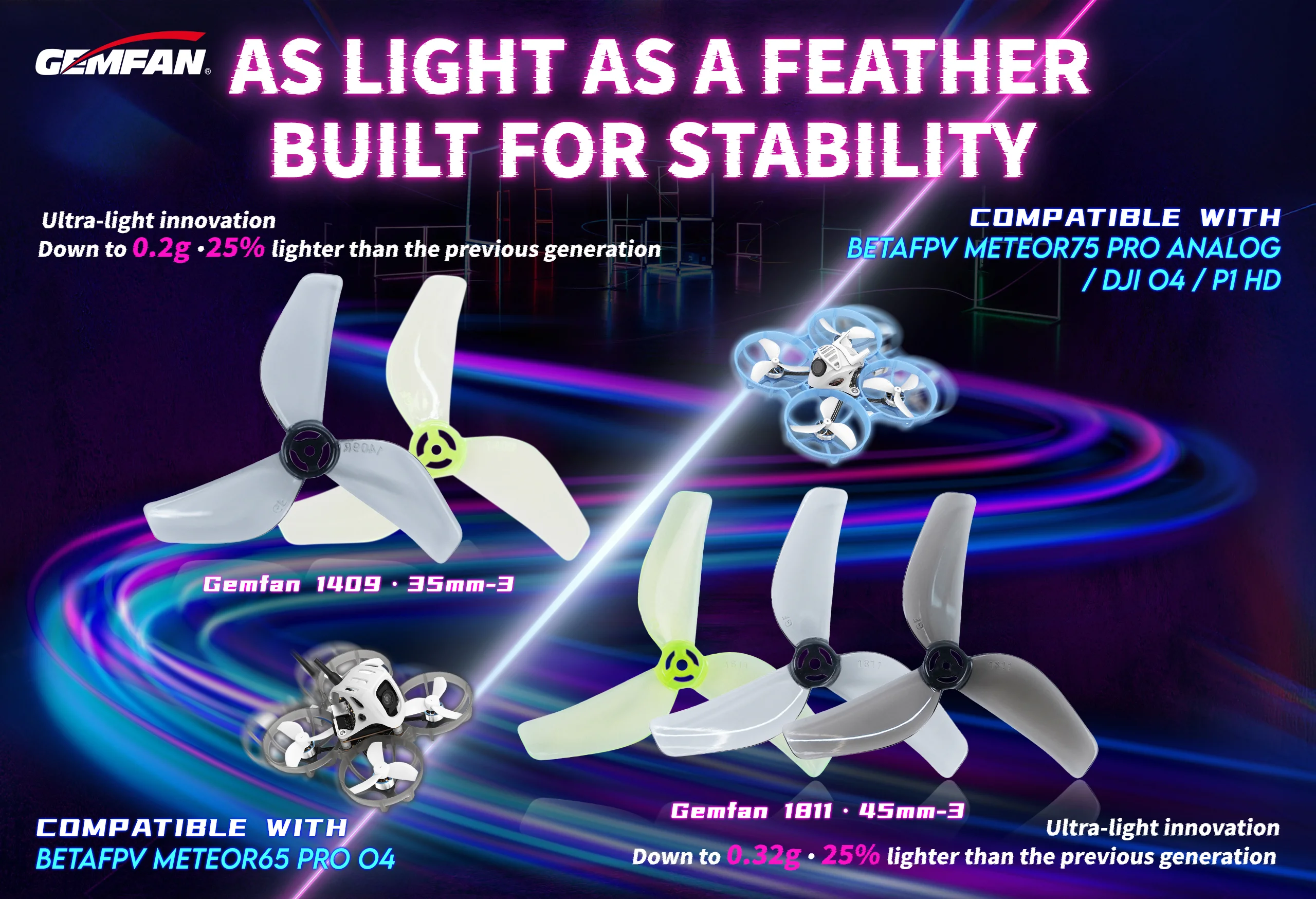In the realm of automotive engineering, fuel pumps play a crucial role in delivering the lifeblood of vehicles to their engines. Mechanical and electrical fuel pumps are two common types that ensure the efficient and reliable supply of fuel. In this blog post, we will delve into the intricate workings of these fuel pumps, exploring their mechanisms, advantages, and applications.
- The Mechanical Fuel Pump:
The mechanical fuel pump, often found in older vehicles, operates through a camshaft-driven mechanism. As the engine rotates, it drives a lever that reciprocates a diaphragm within the pump. This diaphragm creates a vacuum, drawing fuel from the tank and pushing it towards the engine. The mechanical fuel pump relies on the engine's motion to generate the necessary pressure for fuel delivery.
Advantages:
- Simplicity: Mechanical fuel pumps have fewer components, making them easier to maintain and repair.
- Reliability: Since they do not rely on electrical systems, mechanical fuel pumps are less prone to electrical failures.
- Cost-effectiveness: These pumps are generally more affordable compared to their electrical counterparts.
Applications:
Mechanical fuel pumps are commonly used in classic cars, agricultural machinery, and small engines where simplicity and reliability are prioritized.
- The Electrical Fuel Pump:
With the advent of modern automotive technology, electrical fuel pumps have become the norm in most vehicles. These pumps are typically located inside the fuel tank and are powered by the vehicle's electrical system. They utilize an electric motor to generate pressure and deliver fuel to the engine.
Working Principle:
When the ignition is turned on, power is supplied to the fuel pump, activating the electric motor. The motor drives a piston or impeller, which pressurizes the fuel and sends it through the fuel lines to the engine. Some electrical fuel pumps also incorporate a regulator to maintain a consistent fuel pressure.
Advantages:
- Enhanced Performance: Electrical fuel pumps can provide higher fuel pressure, ensuring optimal engine performance.
- Versatility: These pumps can be installed in various orientations, allowing flexibility in vehicle design.
- Fuel Efficiency: The ability to regulate fuel pressure enables better fuel management, resulting in improved efficiency.
Applications:
Electrical fuel pumps are widely used in modern cars, motorcycles, boats, and other vehicles that require precise fuel delivery and higher performance.
Conclusion:
Understanding the inner workings of mechanical and electrical fuel pumps is crucial for automotive enthusiasts and professionals alike. While mechanical fuel pumps offer simplicity and reliability, electrical fuel pumps provide enhanced performance and fuel efficiency. By comprehending the differences and applications of these pumps, one can make informed decisions regarding their usage in different vehicles. So, whether you're restoring a classic car or designing the next generation of automobiles, the knowledge of fuel pump mechanisms will undoubtedly fuel your passion for automotive engineering.






